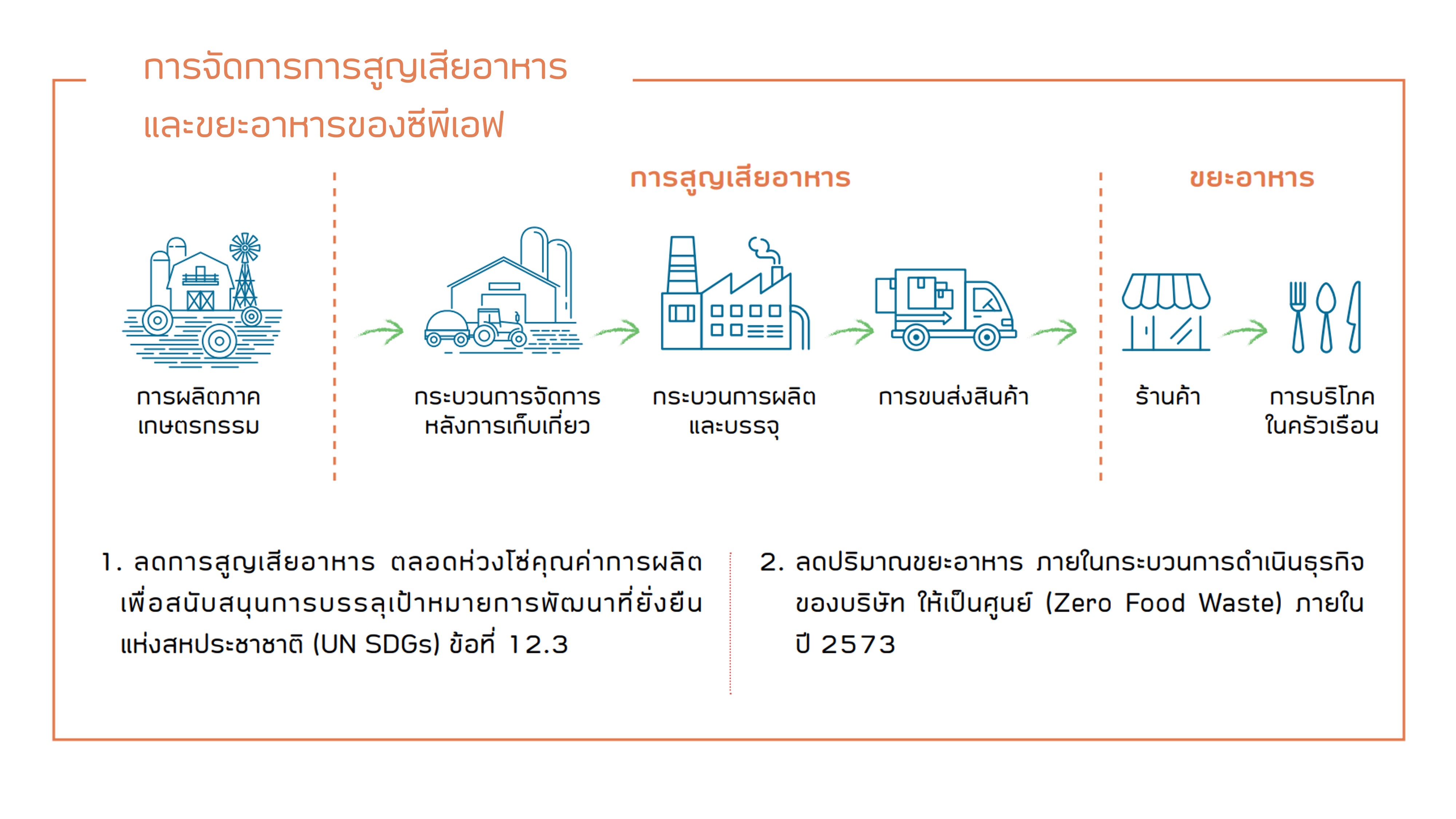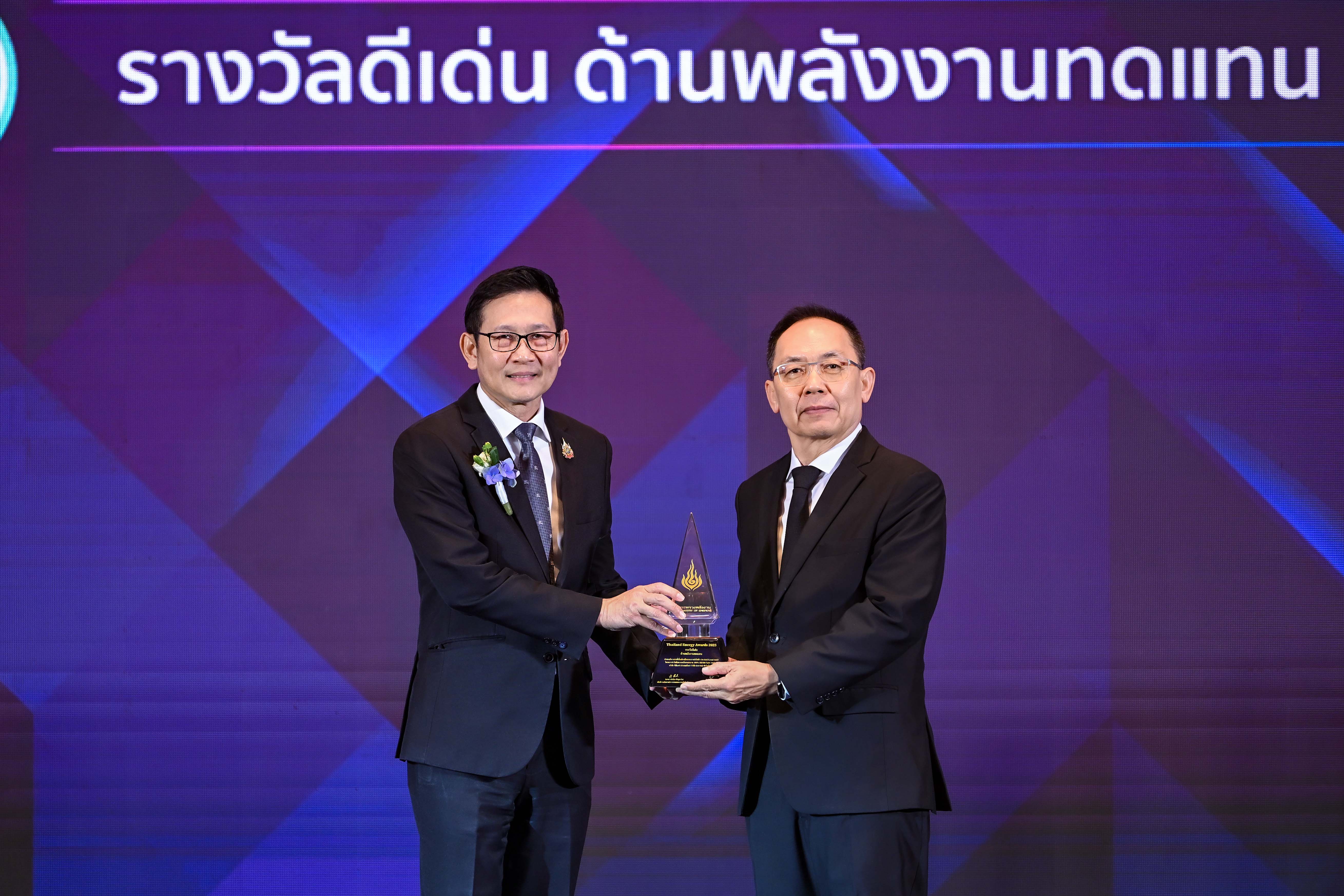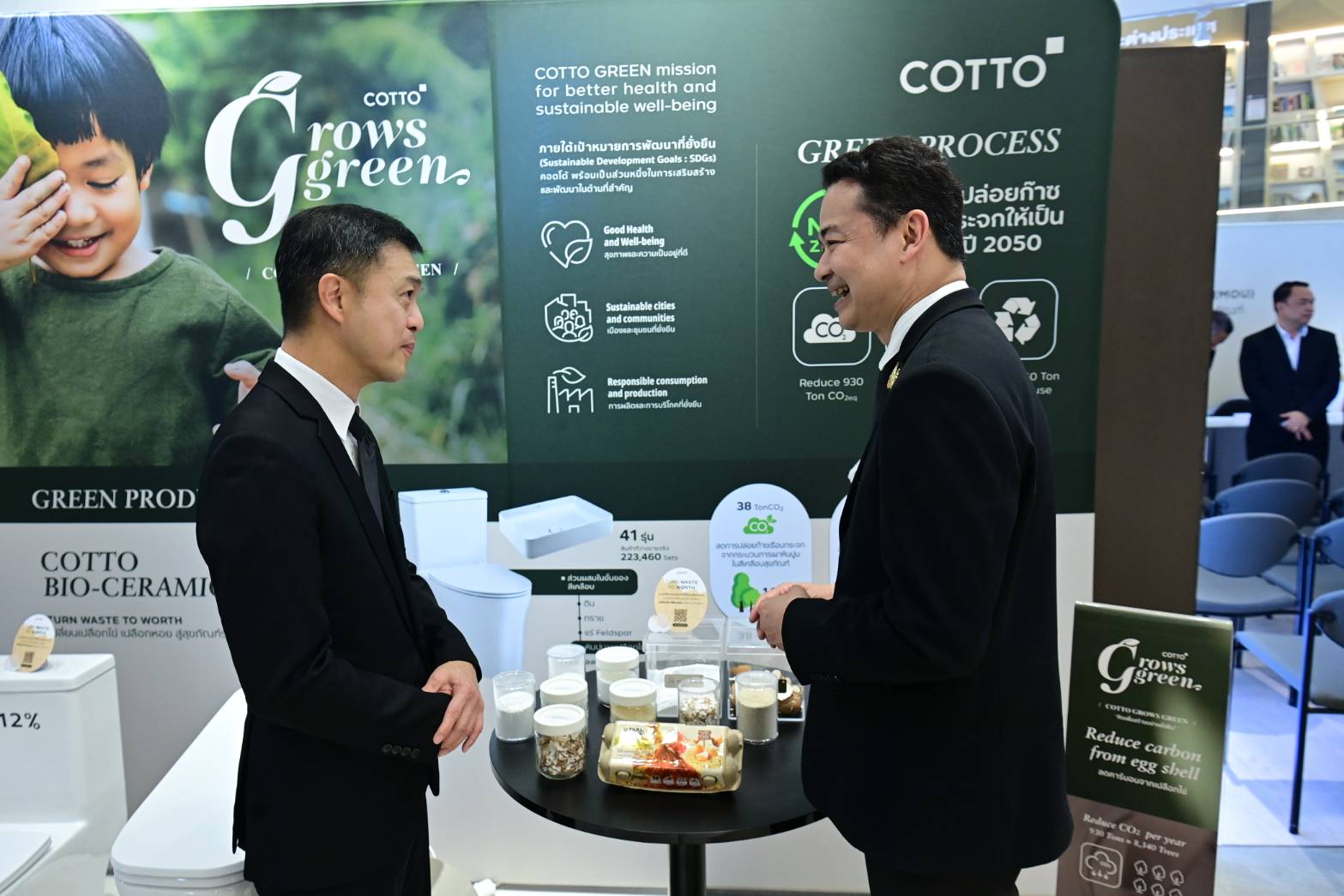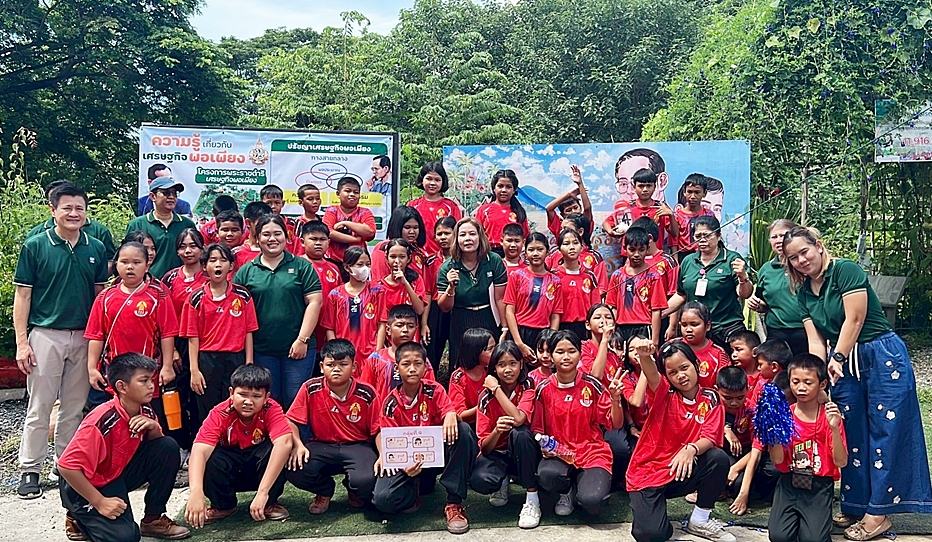

Charoen Pokphand Foods PLC (CPF) announced the Food Loss & Food Waste Policy, with a goal to achieve zero food losses and food waste in the production line and supply chain in 2030.
Under the policy, CPF is committed to supporting the United Nations Sustainable Development Goal #12: Responsible consumption and production. While Goal 12 sets to halve per capita global food waste at the retail and consumer levels by 2030, CPF targets to achieve zero food loss in the production line and food waste throughout the supply chain in Thailand and overseas in 2030.
Mr. Wuthichai Sithipreedanant, Senior Vice President – Corporate Social Responsibility and Sustainable Development of CPF, said that food loss and food waste in the supply chain that involves feed mill, farms, food production, transportation, storage, packaging and consumers has been a global issue. CPF realizes that food losses and food waste significantly influence the environment by causing global warming and affect food security as well as the underprivileged’ access to food.
The key elements of food loss and food waste management guidelines by international organizations like Food and Agriculture Organization of the United Nations (FAO), World Business Council for Sustainable Developmet (WBCSD), and World Resources Institute (WRI) have been emphasized in CPF’s policy, to be exercised accordingly to the Company’s context for economic, social and environmental benefits.
“Pushing for sustainable consumption to reduce food losses is a responsibility of all parties, in both individual and organizational levels, as globally one third of food of all produced food goes to waste. It is extremely crucial that the supply chain must be handled earnestly, so that natural resources are utilized with maximum efficiency for good health and hygience of all. This will promise a greater access to food and reduce inequality as well as tackle global food waste at the source,” Mr. Wuthichai said.
CPF’s policy drawn to tackle food losses, excess food and food waste in line with SDG Goal 12 contains 3 main approaches: 1) Reduce food losses, excess food and food waste throughout the production value chain 2) Promote the use of excess food and food waste (generated in the production and transport process and in retail and restaurant businesses) under the circular economy concept for the benefits of society and the environment and 3) Raise awareness and promote sustainable consumption and production among stakeholders like customers, partners, employees and farmers through communicational and educational means.
CPF also outlines other policies aimed at reducing food losses and food waste, including the sustainable sourcing policy and guidelines for business partners and guidelines for sustainable packaging. Techical supports and training are organized for partners and stakeholders throughout the supply chain for harmonized practices, to avoid and reduce pre- and post-harvest losses as well as losses during the sourcing of raw materials. Meanwhile, the packaging has been constantly improved for better food preservation, with more recyclable materials.
CPF has strived to achieve maximum efficiency in material sourcing, while setting sight to add value to co-products. The goal is to reduce processing plants’ losses under the circular economy concept. In this regard, duck balls are made from duck parts. Other co-products concern pig blood and duck feathers fro the bedding industry.
Mr.Wuthichai asserted that as an intergrated agribusiness and food enterprise that aims to become “Kitchen of the World”, CPF has emphasized the 3 pillars of its sustainability strategy: “Food Security, Self-Sufficient Society and Balance of Nature”. The strategy supports sustainable production and consumption; food security; and mitigation of climate change impacts.
“With efficient management of the supply chain, CPF’s production and distribution has met demands without generating food losses. This saves natural resources, reduces waste and cuts down greenhouse gases, which are in line with our goal towards stable and sustainable food production,” he concluded.










_1752829776.jpg)